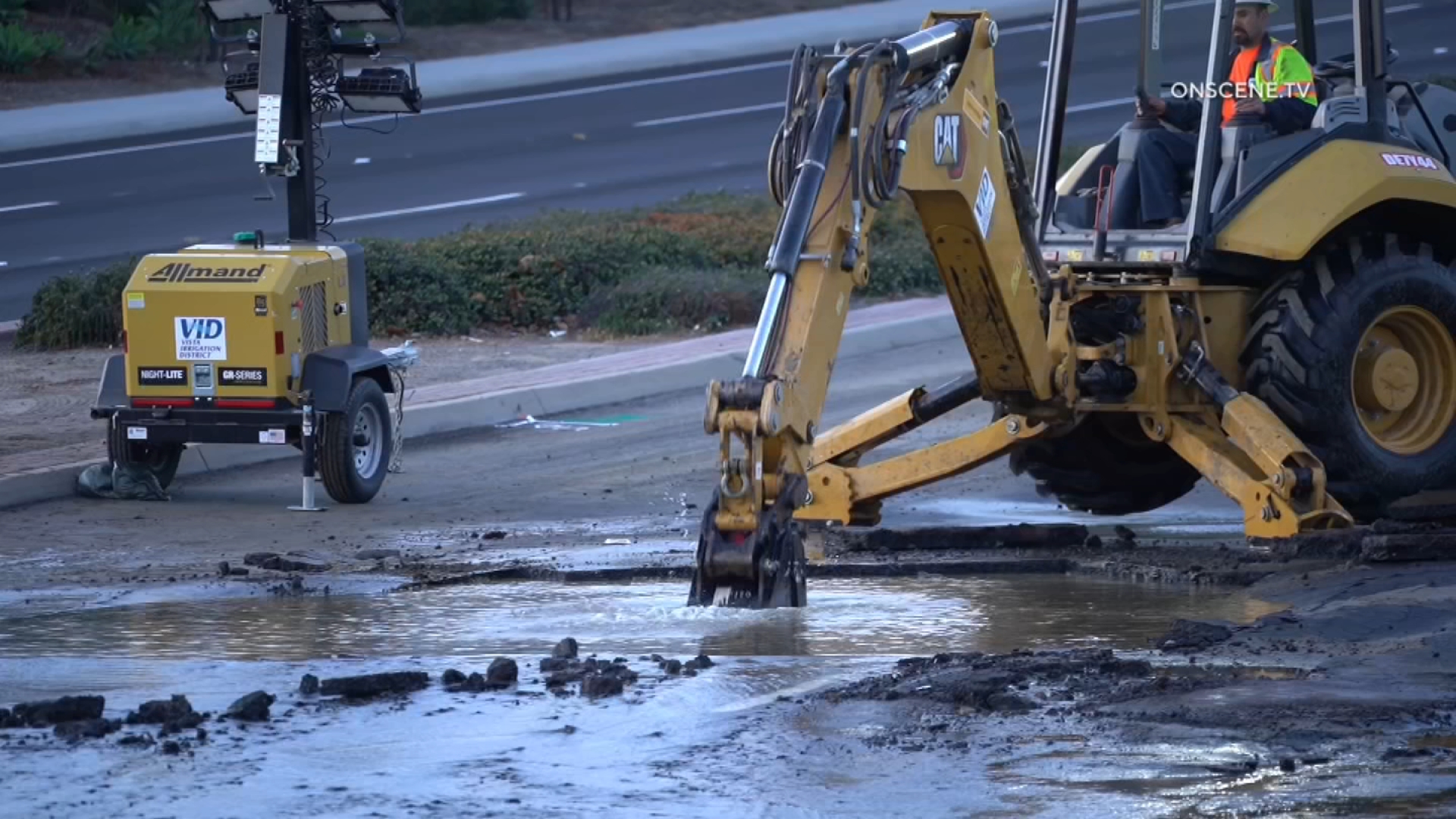Pfizer and Moderna vaccine fact sheets will soon feature a label from the Food and Drug Administration (FDA) warning of a heart inflammation risk in adolescents and young adults after a Centers for Disease Control and Prevention (CDC) safety panel determined there is a "likely association" between the vaccines and cases of myocarditis and pericarditis in younger vaccine recipients, according to an analysis presented by the panel Wednesday.
The CDC says the findings do not change the basic recommendation that all people 12 and older should be vaccinated against COVID-19, but with vaccination rates slowing as the Delta variant spreads nationwide, the risk may add to concerns vaccine skeptics already hold as reasons not to get the shot.
8 Patients With Heart Inflammation After Getting COVID-19 at Rady Children's Hospital
Dr. Mark Sawyer, an infectious disease specialist at San Diego’s Rady Children’s Hospital and pediatrics professor at the University of California San Diego, has treated two of eight boys under the age of 15 who were recently admitted to the hospital after suffering the painful inflammatory condition.
Get top local stories in San Diego delivered to you every morning. Sign up for NBC San Diego's News Headlines newsletter.
Myocarditis is marked by inflammation of the heart muscle, while pericarditis involves inflammation of the membrane surrounding the heart.
“Naturally it's concerning when you hear about inflammation in the heart, but I want to reassure people that it's really not fundamentally different from inflammation in your arm muscle when you got the vaccine,” Sawyer said. “We don't think it has any long-term consequences, just like we don't think your arm muscle has any long-term consequences.”
The condition is rare, with more than 1,200 cases under investigation as of June 11 among more than 150 million people who have received either the Pfizer or Moderna vaccine.
According to data from the U.S. Vaccine Adverse Event Reporting System (VAERS), there were 347 observed cases of heart inflammation in the week after the second vaccine dose in males aged 12 to 24. That compares with expectations of 12 or fewer cases for males in that age range based on US population background incidence rates, the CDC said.
“You're about 100 times more likely to end up in the hospital from COVID infection than you are to end up in the hospital with this as a side effect of the COVID vaccine,” Sawyer added.
Symptoms include chest pain or pressure and temporarily abnormal ECG and blood test results in most cases starting after the second shot.
Sawyer said cases that result in hospitalization generally recover in a few days.
“Just be on the lookout for those kinds of symptoms and if they happen just go see your primary care physician… those that have been treated have received medications like ibuprofen or Advil that reduce inflammation. But they've all been very mild, they've only stayed in the hospital one or two days,” he said. “The good news about this side effect is it's rare, and number two, it's very mild and goes away quickly.”
Thousands of cases of the heart condition were diagnosed around the world each year long before the pandemic as cold viruses, like staph and strep, as well as SARS-CoV-2, the virus that causes COVID-19, can trigger it.
“It’s not like this is a new thing for us. We're quite used to evaluating children and following them long term,” said Sawyer, adding that he agrees with the CDC that the benefits of the shot still outweigh the risks.
“My kids have all had the COVID vaccine and I would do it again in the light of this new side effect,” he said. “It's important for people to remember that although the rates of disease are low right now in San Diego, there's no guarantee they're going to stay there. This is not the first rare side effect that's been identified from COVID-19 vaccines.”
The decision to vaccinate children in light of this new risk is one many parents will undoubtedly be following closely, as many parents say they’re hopeful their children will be vaccinated before the start of the next school year.
Sawyer said although he thinks the FDA’s decision to add a warning label to both vaccine face sheets is warranted, more needs to be done.
“I think many people don't read those documents so I think the most important thing is that physicians are informed about this rare side effect, that families can discuss the pros and cons of vaccination with their health care providers, and that the media and other sources get out accurate information,” he explained.
CDC officials said Wednesday that they also plan to update their guidance to say that anyone who suffers the heart inflammation after one dose of the vaccine can defer a second shot and doctors and hospitals have been warned by the CDC to watch for symptoms of the condition in young people.
More cases of the heart condition have been reported among Pfizer vaccine recipients, which may be due to the fact that that shot is authorized for people age 12 and up, while Moderna's vaccine has yet to be endorsed for those under age 18.
It’s still unclear whether this new risk will impact Moderna’s expanded authorization and whether both vaccines will be cleared for use in children under the age of 12.
The number of Americans receiving their first dose of the vaccine is down about 85% since peaking in mid-April. The White House announced this week that the U.S. will fall short of President Joe Biden's goal of having 70% of adults at least partially vaccinated by the Fourth of July.



